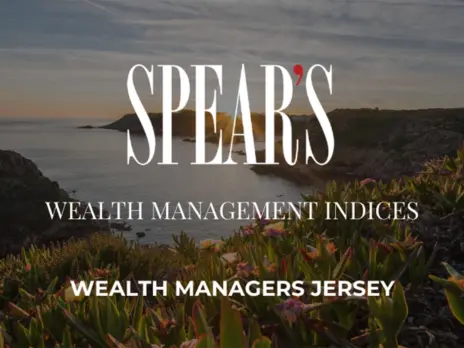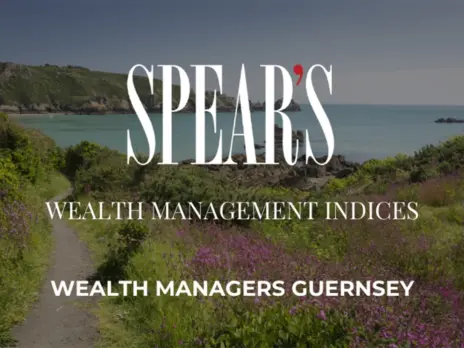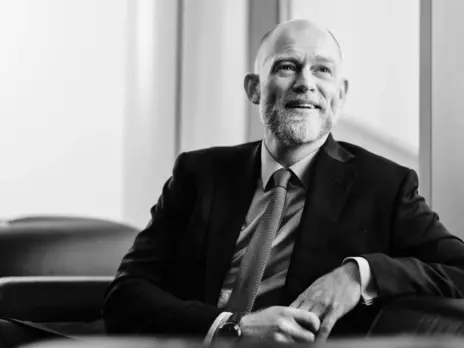The best wealth managers in Luxembourg in 2024
Welcome to the Spear’s selection of the best wealth managers in Luxembourg for high-net-worth and ultra-high-net-worth individuals, part of the…
By
 View all newsletters
View all newsletters

Welcome to the Spear’s selection of the best wealth managers in Luxembourg for high-net-worth and ultra-high-net-worth individuals, part of the…
By

Welcome to the Spear’s ranking of the best wealth managers in Liechtenstein for high-net-worth and ultra-high-net-worth individuals, part of the…
By
Welcome to the Spear’s ranking of the best wealth managers in Singapore for high-net-worth and ultra-high-net-worth individuals, part of the…
By
Welcome to the Spear’s ranking of the best wealth managers in Hong Kong for high-net-worth and ultra-high-net-worth individual, part of…
By
Welcome to the Spear’s ranking of the best wealth managers in Jersey for high-net-worth and ultra-high-net-worth individuals, part of the…
By
Welcome to the Spear’s ranking of the best wealth managers in Guernsey for high-net-worth and ultra-high-net-worth individuals, part of the…
By
Welcome to the Spear’s ranking of the best wealth managers in Switzerland for high-net-worth and ultra-high-net-worth individuals, part of the…
By
Welcome to the Spear’s ranking of the best wealth managers for ultra-high-net-worth-individuals in the UK, part of the Wealth Management…
By
Welcome to the Spear’s ranking of the best wealth managers for high-net-worth-individuals in the UK, part of the Wealth Management…
By
Spear’s annual guide of the leading wealth managers has never been more essential for HNWs and UHNWs grappling with financial…
By
HSBC Global Private Banking’s multifaceted wealth planning and advisory teams can help UHNWs future-proof their assets ahead of UK and…

From the magazine: PTCs are becoming increasingly popular with wealthy families seeking to protect themselves and their assets
By
From the magazine: Many UK wealth managers hand their portfolio data over to Asset Risk Consultants in return for insights
By
From the magazine: The FCA’s new regulations have made wealth management firms ask serious questions of themselves
By
The advent of new investment funds and better education has opened the door to private equity for UHNWs
By
With an eye on the future, family offices are looking to balance enhancing operational performance with protecting the family legacy
By
Family offices are going on the offensive and planning to put more of their money to work in alternative investments,…
By
Investors were rewarded for taking on risk over two decades despite periods of economic turmoil data from ARC indices shows
By
Vanguard’s ‘passive’ investing approach made it a big hitter in the US. But there could be choppy waters ahead
By
EY Global Wealth and Asset Management group’s 2024 outlook report presents 10 ‘resolutions’ that leaders and organisations should adopt in…
By